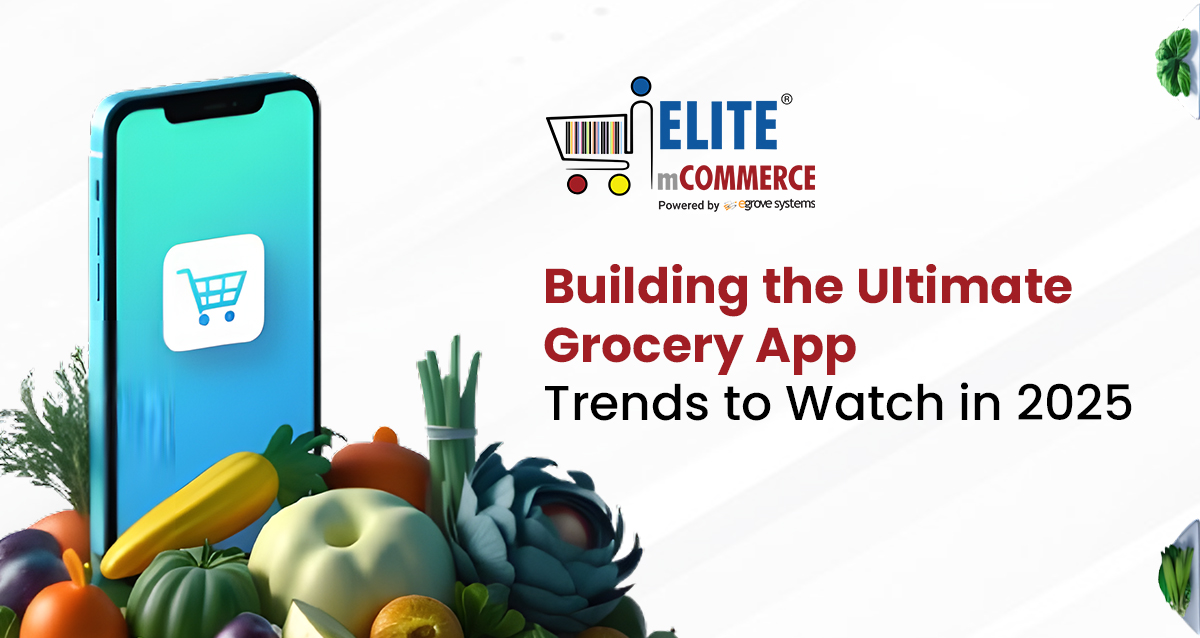Mobile commerce has come a long way in the last decade, and there’s been a lot of change. With that change, however, comes a lot of rumors and speculation, as well as old thoughts that haven’t changed with the real world. Here are 5 Mistakes That Merchants should make sure they’re not making if they wish to maximize their profits.
1. Smart Phones vs Desktop Computer
First, many merchants believe that consumers only will review, compare, or purchase products if they are on a desktop computer. The logic is that people will not do these things if they don’t have access to a keyboard.
The truth is there are more internet users using their mobile phones and tablets than there are on desktops and laptops, and they are very comfortable doing everything on a Mobile App that they’d do on a desktop. According to a study published by comScore in 2014, there were over 1,800,000,000 mobile users on the internet compared to just 1,700,000,000 on traditional desktops, and this gap shows no signs of slowing down. As much as 7 percent of US smartphone users don’t actually own traditional broadband nor have similar alternatives accessible to them. These users only use their phone to access the internet and review with them too. Additionally, according to a study published by Google, almost 46% of mobile users use their phones in-store in their retail store app, before making a purchase.
2. Youth and Mobile apps
Another common myth is that only younger generations will shop online. Many merchants don’t bother marketing their mobile platforms to older generations, who they believe don’t use their phones to purchase goods. In fact, according to the Pew Research Center, over 80% of adults between 30 and 49 own a smartphone, and at least 30 percent of adults over 65 own one as well. Do not ignore this demographic. Many of these users have easy access to a smartphone and shop based on what they might need at the time.
3. App Store Optimization
Most merchants have this myth that the customer will find their mobile app as long as it is in the app store. This is not true. Without App Store Optimization, apps may flounder in obscurity simply because no one can find it. A properly optimized app will flourish. Targeted keywords will send customers right to the app, but only if it is given the chance.
4. Competition With Enterprise Players
Slightly less common, but still prevalent, the perception that mobile apps can only be used effectively by big businesses. However, the mobile app service, App Store Optimization, and Mobile Engagement Strategy services take out much of the hard work needed to make mobile apps viable. These services can help even a single person reach customers with mobile apps like Enterprise players.
5. Trusted Payment Gateways
There is a fear, however, that any payments processed via a mobile app are insecure. This is again not true. Mobile commerce uses the same encryption used on desktop websites, known as TLS and SSL. This technology is constantly evolving to combat vulnerabilities. Nearly every e-commerce website and app in the world trusts SSL and TLS to secure their transactions.









Add comment